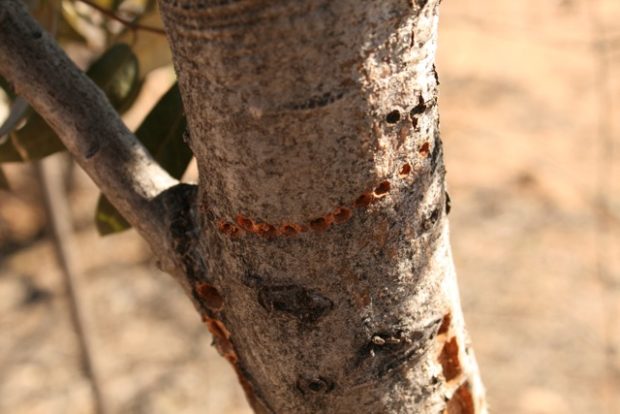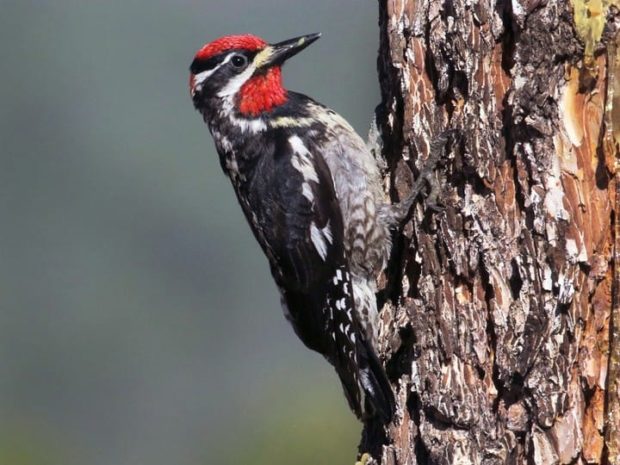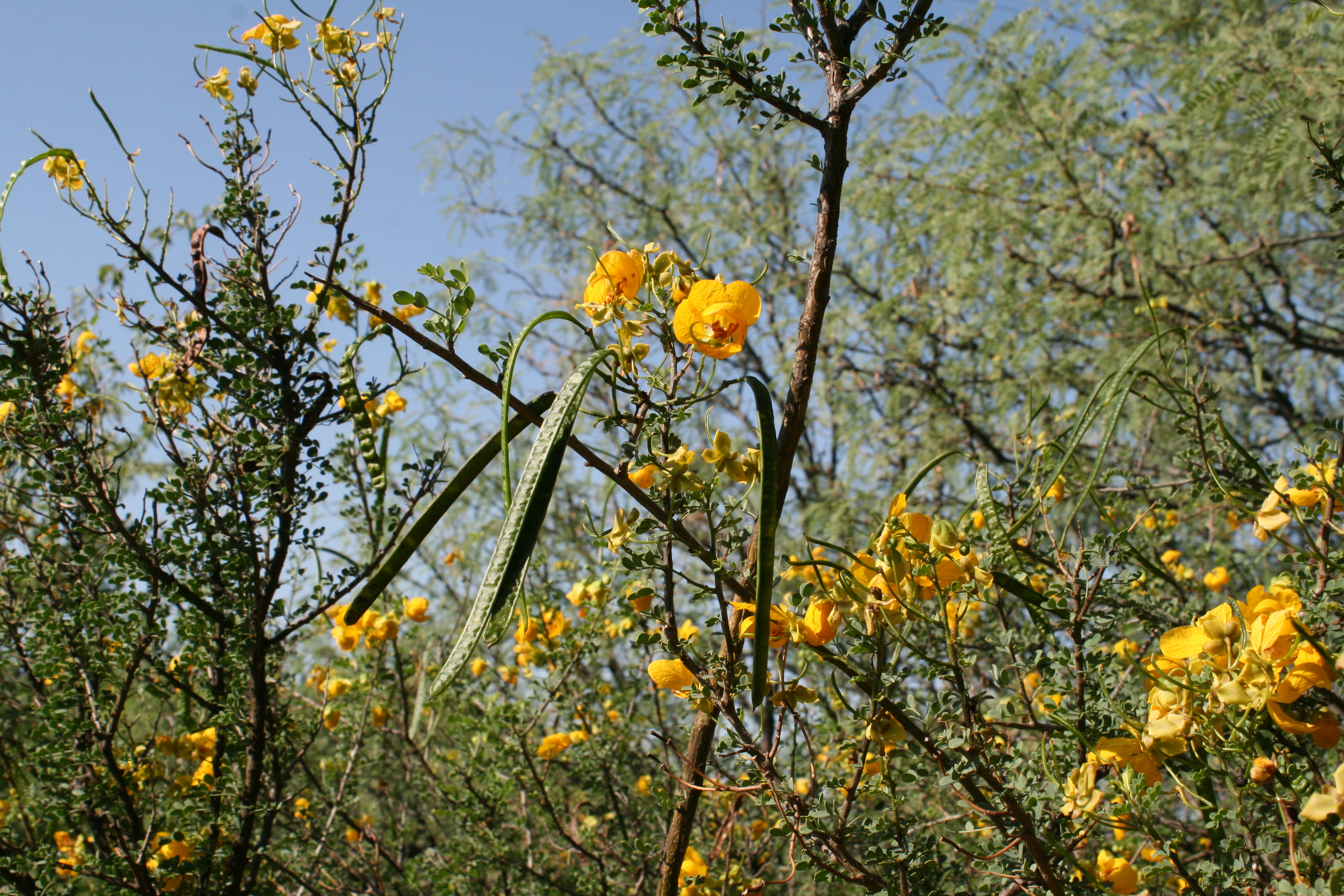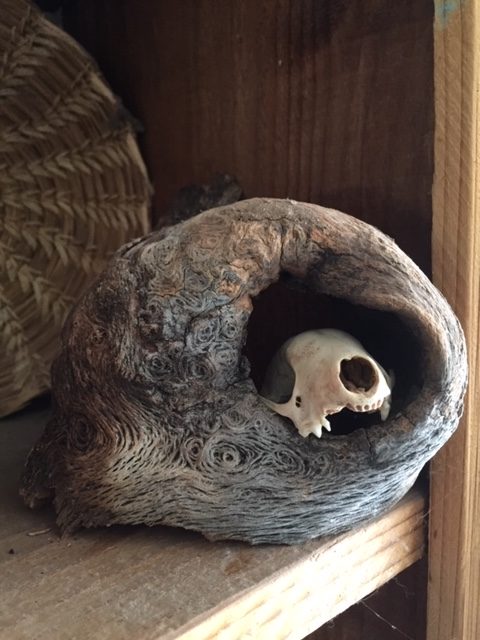When I was little boy I thought the name yellow-bellied sapsucker was the funniest thing I’d ever heard and though I did know it was some sort of bird, I took pleasure in calling a friend a yellow bellied sapsucker and laughing hysterically. I was a silly kid.
There are four species of sapsuckers (Sphyrapicus spp.) in North America and I read that where their territories overlap they hybridize making identification confusing. When identifying the yellow-bellied, red-naped and red-breasted sapsuckers a favorite field guide says to “beware of relatively frequent probable hybrids” between the three species. Now you know.
By the way, the vowel a in the name Sphyrapicus should be short not long, like the way I pronounced it. There are rules as to when a vowel is long or short in a Latinized scientific name, depending on which syllable it’s found. That said, over the years I guess my approach has been to plow ahead and say the name with some authority and I’m guessing some folks think, “Wow, I didn’t know that’s the way you say that.” My apologies. I will try to mend my ways.

The photo of the line of pecked holes on the trunk of the oak is mine. I don’t think I could do be that precise with an electric drill and ruler.
The photo of the male red-naped sapsucker is from Cornell Lab All About Birds: https://www.allaboutbirds.org/guide/Red-naped_Sapsucker/id
Oh, and the field guide referred to above is: Finding Birds in Southeast Arizona from The Tucson Audubon Society. It’s in its eighth edition and it is to die for if you are an amateur (me) or expert birder.


Anyone who lives in groundhog country will have a woodchuck tale or two to tell. Growing up in Kentucky I sure did. At the...

Well, I spent so much time jabbering about my conversion to a desert rat and monsoon believer that I left some stuff out and...

There are five species of mistletoe found in Arizona and they all can be found somewhere in southern Arizona at various elevations and on...